Why do people riot? - Koon Yew Yin
Koon Yew Yin
Publish date: Mon, 19 Aug 2024, 05:15 PM
Koon Yew Yin, 17th Aug 2024
On 14th Aug 2024, I posted my article “Why people are rioting across UK”. Now I want to tell you why do people riot?
Today Aug 17 Hospitals and clinics across India turned away patients except for emergency cases on Saturday as medical professionals started a 24-hour shutdown in protest against the brutal rape and murder of a doctor in the eastern city of Kolkata.
More than one million doctors were expected to join the strike, paralyzing medical services across the world's most populous nation. Hospitals said faculty staff from medical colleges had been pressed into service for emergency cases.
Riot in Kuala Lumpur
Unlike many other democratic countries, Malaysians do not protest and riot, except the 13 May incident. The 13 May incident was an episode of Sino-Malay sectarian violence that took place in Kuala Lumpur, the capital of Malaysia, on 13 May 1969. The riot occurred in the aftermath of the 1969 Malaysian general election when opposition parties such as the Democratic Action Party and Gerakan made gains at the expense of the ruling coalition, the Alliance Party.
Official reports by the government placed the number of deaths due to the riots at 196, although international diplomatic sources and observers at the time suggested a toll of close to 600 while others suggested much higher figures, with most of the victims being ethnic Chinese. The racial riots led to a declaration of a state of national emergency by the Yang di-Pertuan Agong (King), resulting in the suspension of Parliament. A National Operations Council (NOC) was established as a caretaker government to temporarily govern the country between 1969 and 1971.
Syria has the most riots in the world: Why do they riot so often?
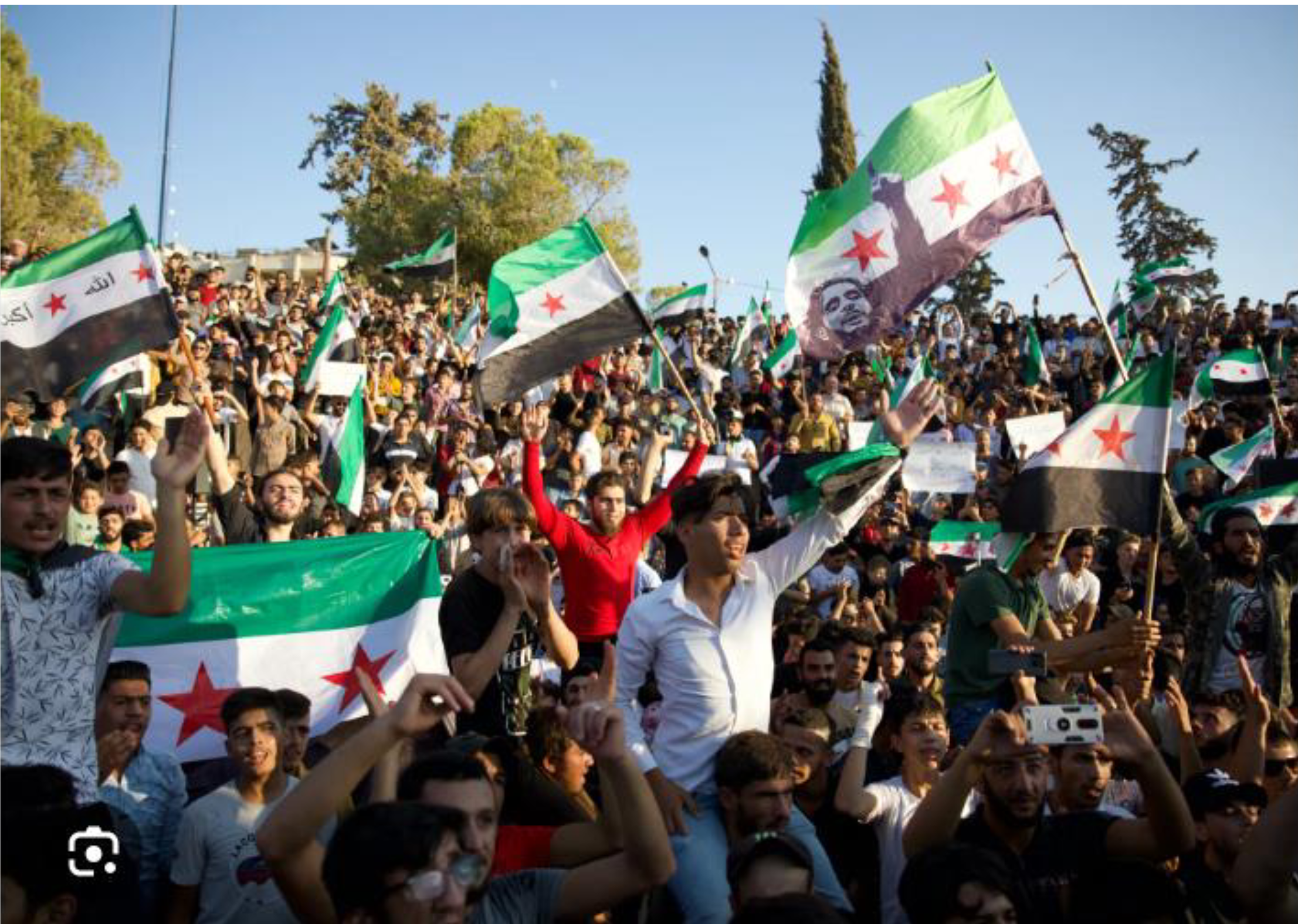
Riots in India
Large-scale religious violence and riots have periodically occurred in India since its independence from British colonial rule. The aftermath of the Partition of India in 1947 to create a separate Islamic state of Pakistan for Muslims, saw large scale sectarian strife and bloodshed throughout the nation.

Riots in UK

You may have seen on recent news and social media feeds that riots have been flaring across several UK cities for more than a week. The latest of these happened last weekend, when hotels housing asylum seekers were set on fire by angry mobs.
Riots have touched just about every continent on Earth – and they seem to have increased in recent years.
Data collected by the 2020 Global Peace Index shows the number of riots, along with global protests and strikes, almost doubled between 2011 and 2018.
But what is a riot, and how and why do they occur?
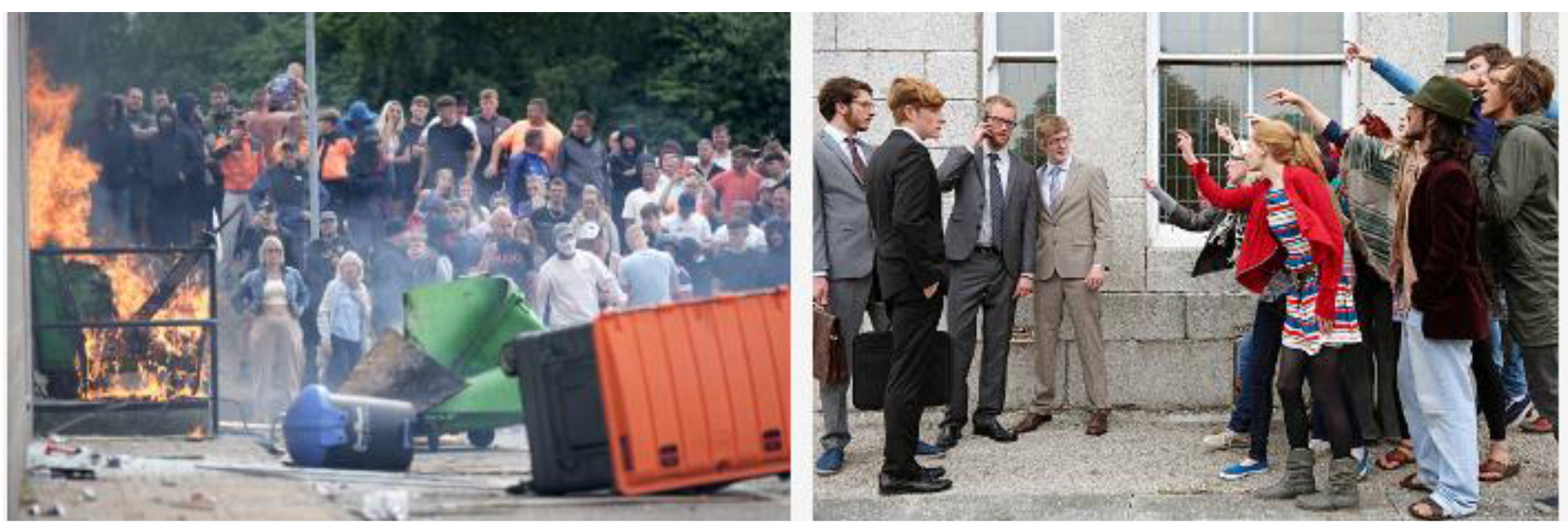
WHAT IS A RIOT?
A riot is considered a violent, unlawful meeting of a group of people intended to disrupt public peace. Rioters often become violent towards police and damage public property by throwing items at buildings and cars and sometimes even starting fires.
HOW DO RIOTS START?
Riots can start when there is a widespread sense of the people involved feeling disenfranchised and alienated. Sometimes a “trigger event” spurs those feeling disaffected and angry to take action and group together in aggravated or violent protest.
THE ROLE OF MISINFORMATION IN THE DIGITAL AGE
In recent years, misinformation spread on social media platforms has been responsible for triggering a number of riots.
Described as the worst rioting in 13 years, the violent riots currently gripping the UK started after a 17-year-old male attacked a kids’ dance class in Southport. Three children died and 10 people were injured.
The riots were fueled by misinformation from the beginning. False rumours were spread online about the identity of the attacker, calling him a Muslim asylum-seeker, despite his actually having been born and raised in Britain.
This latest outbreak is one of several that have rocked the UK over the years.
WHAT IS TWO-TIER POLICING?
The term two-tier policing has been used in the media coverage of the current outbreak of riots in Great Britain. It refers to police dealing with some protests – and by extension some protesters – more harshly than others.
UK Prime Minister Keir Starmer has denied claims that these riots have been dealt with more severely than others.
WHAT ARE SOME OF THE UK'S BIGGEST PAST RIOTS?
England Riots 2011 – When Black British man Mark Duggan was shot dead by police in London, peaceful protests became violent and escalated into days of rioting across London and other major cities in the UK.
Poll Tax Riots 1990 – When then British Prime Minister Margaret Thatcher introduced a Poll Tax on all properties, 200,000 angry protesters flooded Trafalgar Square in London. The protests turned into a violent riot resulting in 300 arrests.
The Tottenham and Brixton Riots 1985 – These two race riots occurred as a result of separate police operations in which two Black women died.
The Brixton Riots 1981 – Four years earlier, Brixton had erupted into riots following several incidents where Black people lost their lives during a time when the treatment of Black people by the city’s mostly white police force came under scrutiny.
The Race Riots 1919 – Following WWI, racial tension erupted in the port cities of Cardiff and Liverpool as many Brits blamed racial minority groups for the lack of available jobs.
PEACEFUL COUNTER PROTESTS AND DE-ESCALATION
Sometimes, counter-protests are born from those who disagree with the violent and reckless actions of rioters. After seeing the devastation caused by the week of riots, thousands of protesters took to the streets in the English cities of Liverpool and London in peaceful demonstration.
The counter-protesters held signs saying “Stand up to racism” and “Refugees welcome” to show that they disagreed with the anti-immigration riots occurring across the UK.
More articles on Koon Yew Yin's Blog
Created by Koon Yew Yin | Dec 13, 2024
Indonesia remains committed to start implementing a 40% mandatory biodiesel mix with palm oil-based fuel, or B40, on Jan 1 next year, its chief economic minister said. Indonesia, the world's largest..
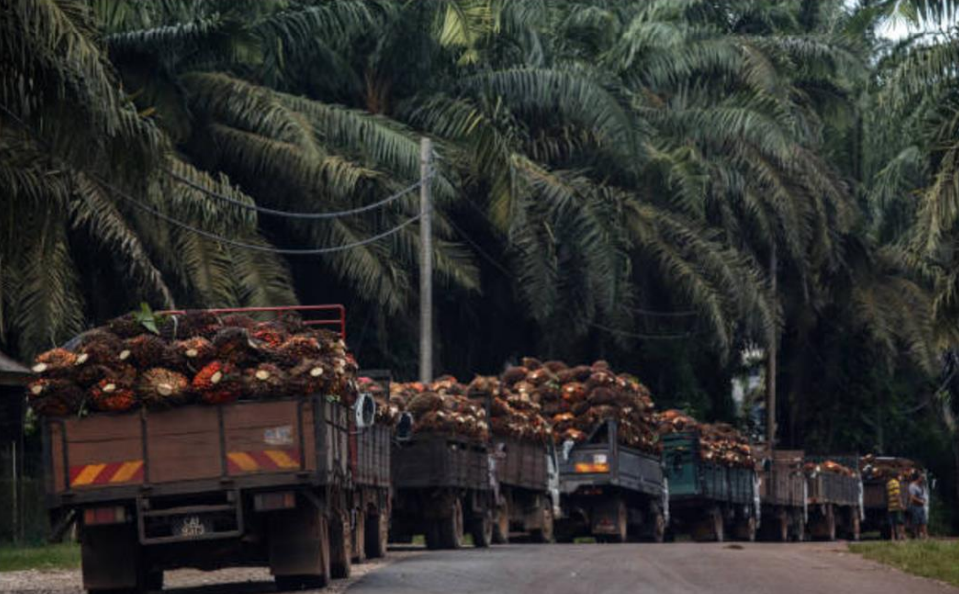
Created by Koon Yew Yin | Dec 12, 2024
Indonesia is the world's largest producer of palm oil, producing an estimated 46 million metric tons in the 2022/23 marketing year. Indonesia also exports over 58% of its production, making it the w..
Created by Koon Yew Yin | Dec 03, 2024
Indonesia is the largest palm oil producer in the world. Indonesia plans to implement biodiesel with a mandatory 40% blend of palm oil-based fuel from Jan. 1 next year, a senior energy ministry offi..
Created by Koon Yew Yin | Nov 25, 2024
My younger brother who was a dentist had bipolar disorder. Unfortunately, he committed suicide about 12 years ago.
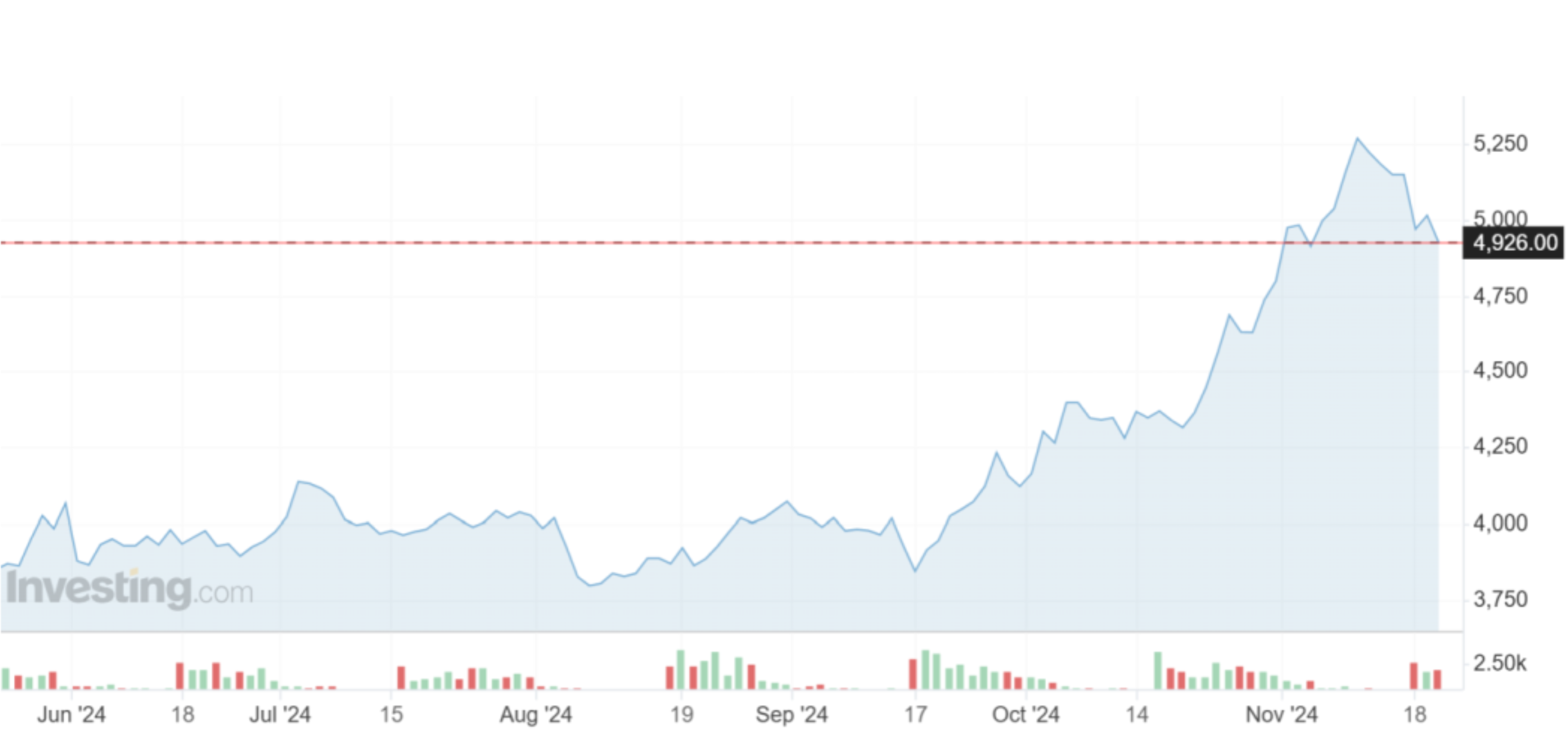
Created by Koon Yew Yin | Nov 22, 2024
All plantation companies are reporting better profit for the quarter ending September when CPO price was about RM 3,800 per ton.
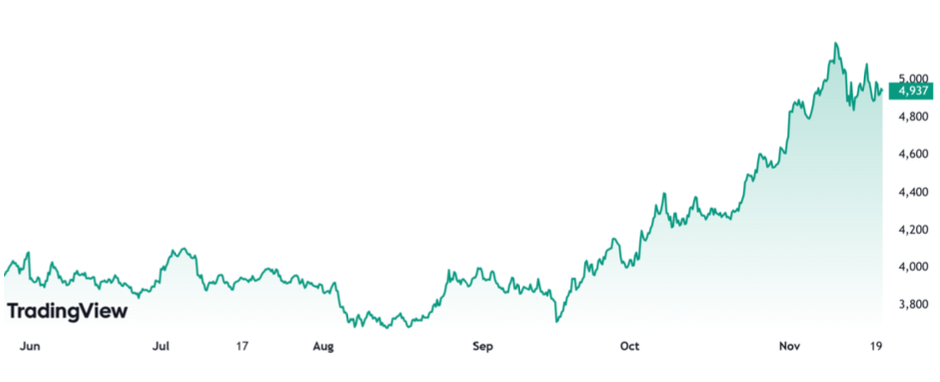
Created by Koon Yew Yin | Nov 21, 2024
Indonesia is the biggest palm oil producer in the world. Indonesia plans to implement biodiesel with a mandatory 40% blend of palm oil-based fuel from Jan. 1 next year, a senior energy ministry offici
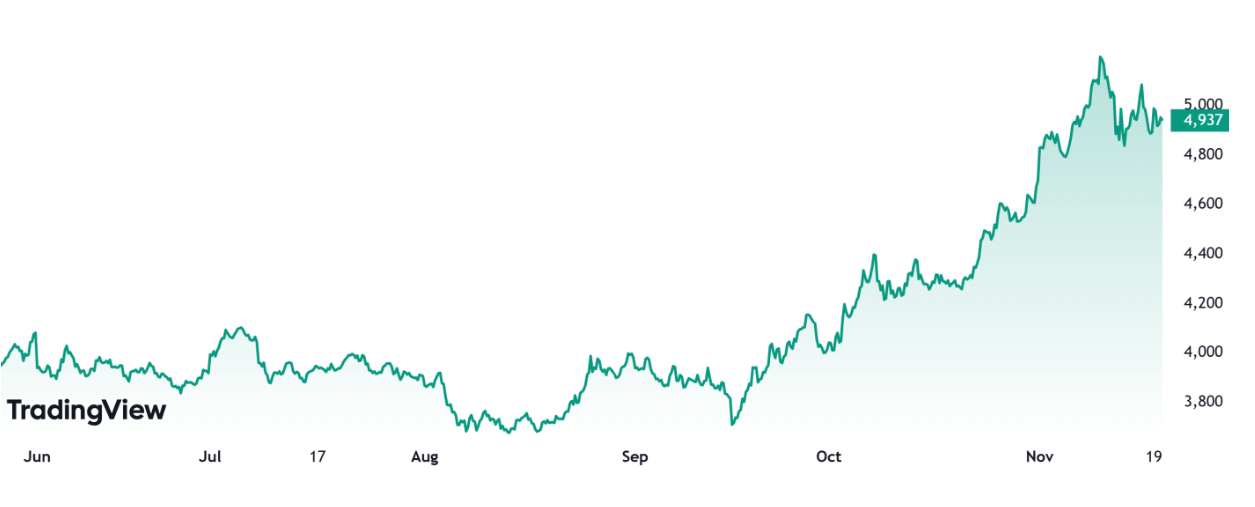
Created by Koon Yew Yin | Nov 20, 2024
Indonesia plans to implement biodiesel with a mandatory 40% blend of palm oil-based fuel from Jan. 1 next year, a senior energy ministry official said recently, lifting prices of the vegetable oil...
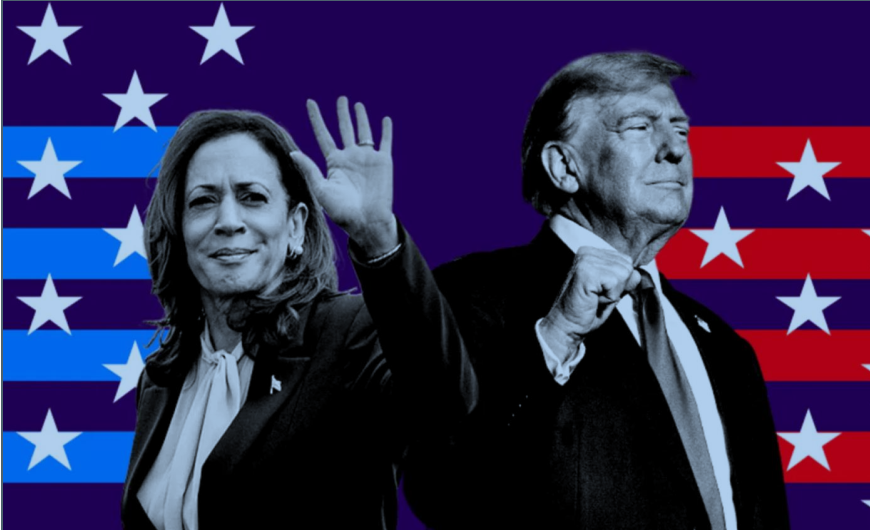
Created by Koon Yew Yin | Oct 30, 2024
Latest poll on 30th Oct 2024
Created by Koon Yew Yin | Oct 30, 2024
Latest poll on 30th Oct 2024
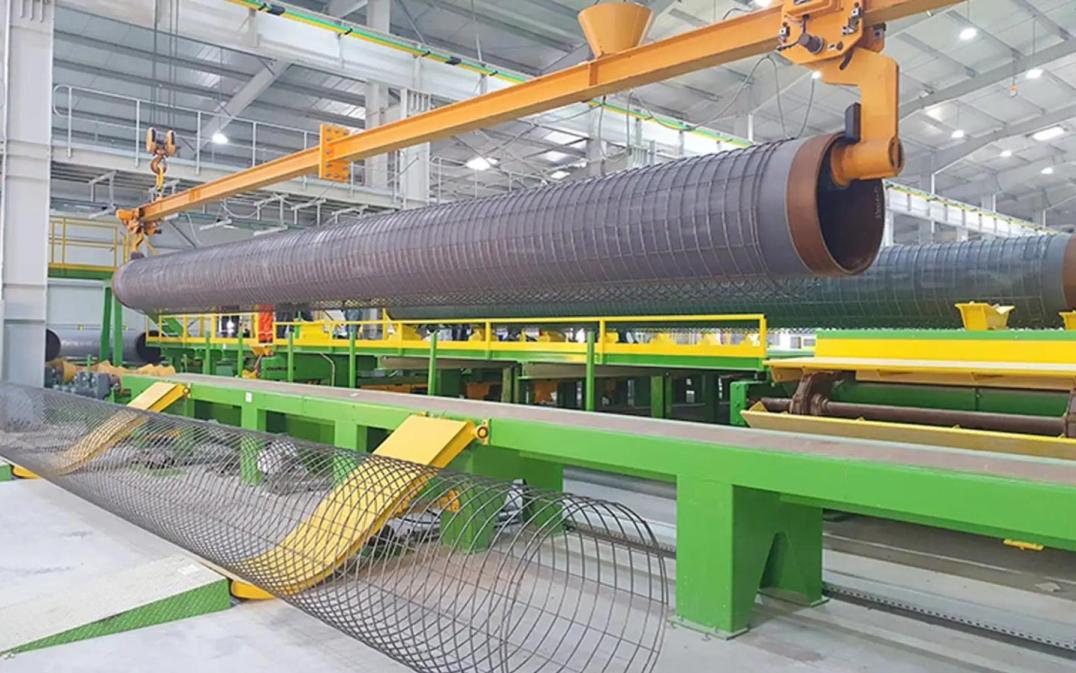
Created by Koon Yew Yin | Oct 25, 2024
The group is expected to deliver better profits and revenue from its pipe coating, engineering, and bioenergy segments.























